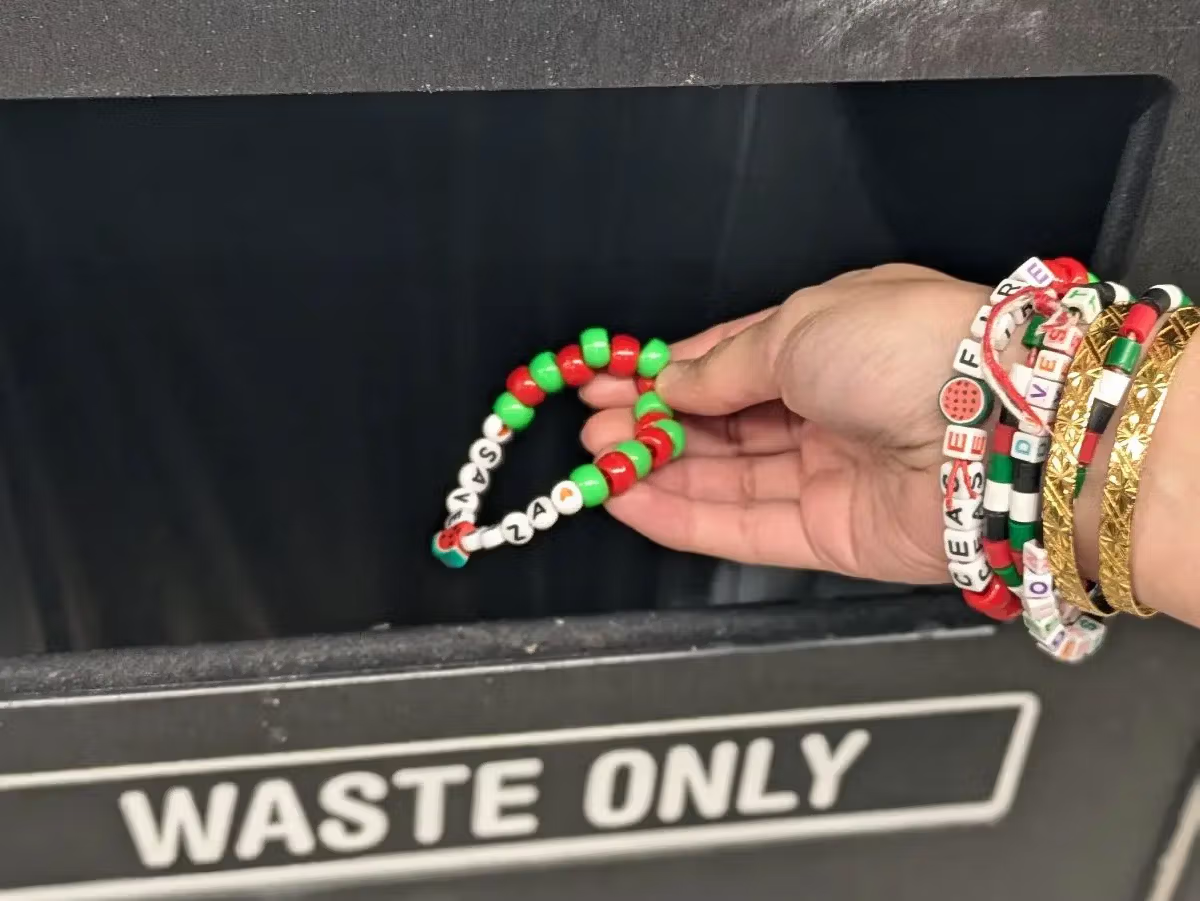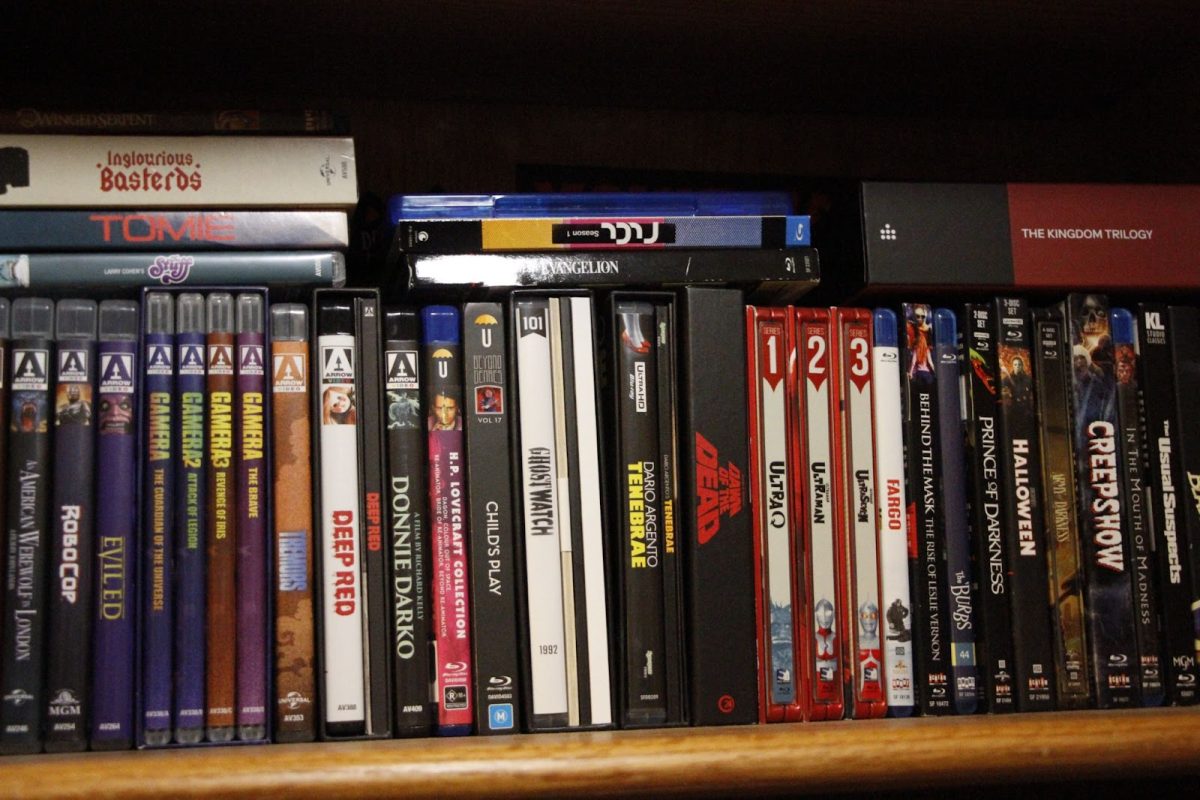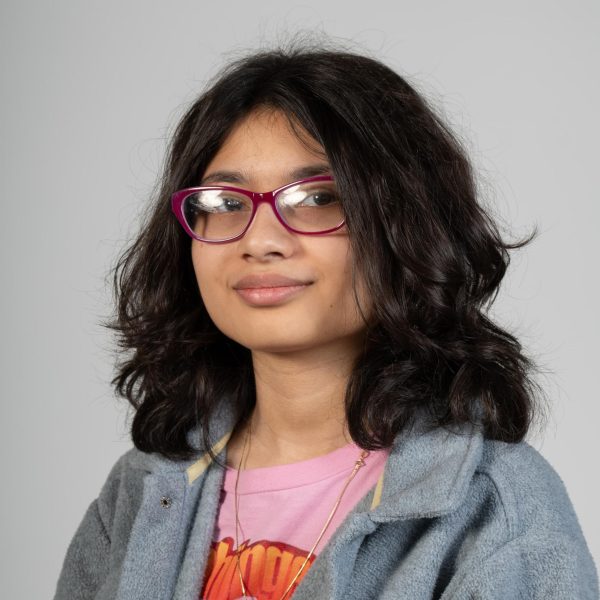Portland is no stranger to advocacy. As a city known for its drive for change in our community, it’s no surprise that our schools would reflect these morals. However, as teachers have begun to speak up for what they believe is right, PPS has increased its effort to silence these voices.
In August of 2024, PPS approved directive 3.30.040-AD, enforcing that, “Content on classroom walls, bulletin boards or otherwise displayed in the classroom must be related to the curriculum or district sponsored pursuant to 6.20.011-AD. Those spaces cannot be used for an employee’s personal expression whether that is related to a political or personal issue.” Now, PPS has not been direct with their motive for this banning. Yet it is clear that this initiative was put into place for one prominent reason.
Preventing staff members from speaking out against the genocide in Gaza.
However, PPS censorship didn’t just pop out of nowhere. Many teachers have been struggling with it for quite some time. C-Mo Montalbin, a previous Benson teacher, shares that, “A year ago, almost to the day, I was told that I had to take posters down that were put up in the main hall regarding a children’s march to protest the genocide in Gaza.” Later adding that they were told to take posters off of their classroom door as well.
Ellie Graiziger, another former Benson teacher, explains that, “Any signage or artwork that acknowledged Palestinian life or resistance to occupation, or anything that included the word ‘ceasefire’ was censored. The Palestinian flag was allowed due to PPS rules around flags. Teachers were allowed, before the administrative directive, to wear clothes, buttons, etc with much more freedom.”
Laura Arias, a Spanish teacher at Benson, has shared how she’s been forced to take down pictures of watermelons, and other artwork related to Palestinian Liberation.
One of the biggest questions raised by the introduction of this directive is how PPS has chosen to declare what matters are deemed too political, and which they allow to be shown in classrooms. The general hypocrisy of the matter generates extensive amounts of concern.
“I have asked ‘how are you deciding what’s political and what’s not,” states Montalbin, “I’ve not only never received a clear answer, those questions have been completely ignored.”
Graiziger expresses that, “When social justice fights are co-opted in ways that don’t threaten the goals of the US empire, those things are allowed and are no longer deemed ‘too political.’”
Staff members have also expressed concern over the threat this policy poses to student learning. Jacob Patterson, Benson’s Radio Broadcasting instructor, notes that, “Sometimes students aren’t always exposed to these real world events at home.” Montalbin adds that, “When you censor that heavily, teachers’ judgment about the truth and knowledge and history, and facts, that students should be, at the very least exposed to, it’s just another way of lying to them.”
This directive targets certain minority groups of students as well. Relating to rises in Islamophobia and bigotry.
“We create fear and hatred when we neglect to create spaces to grapple with ideas and learn from those who have their voices suppressed by major media outlets,” states Graiziger. “Palestinians in our community along with other Muslim and Arab students will experience even more isolation and xenophobia[…]It truly impacts us all.”



